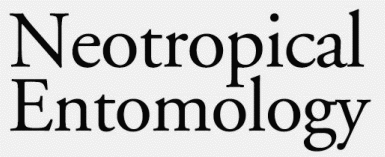Tecoma stans (L.) Kunth is an exotic plant in Brazil, commonly distributed in urban areas, which is considered an invasive species in crop and pasture areas. In this study, the floral biology and the behavior of bees in flowers of T. stans from three urban areas in southeastern Brazil were investigated. In all study sites, T. stans was an important food resource to the Apoidea to 48 species of bees. Centris tarsata Smith and Exomalopsis fulvofasciata Smith (Hymenoptera: Apidae) were the effective pollinators more abundant, while Scaptotrigona depilis Moure (Hymenoptera: Apidae) was the more frequent robber species. The most part of T. stans visitors (87.5%) exploited exclusively nectar, which varied in sugar concentration depending on the day period and flower phase. In all flower stages, higher averages of nectar concentration (26.4% to 32.7%) occurred from 10 am to 2 pm. The presence of osmophore in the petals and protandry were detected. In two urban areas the number of visitors varied significantly during the day. The greatest abundance of pollinators occurred when pollen availability was higher and flowers showed receptive stigma, which could be contributing to the reproductive success of T. stans. The results indicate that the production of fruits increased in plants that received a higher number of effective pollinators.
Apidae; urban area; floral visitor; effective pollinator





